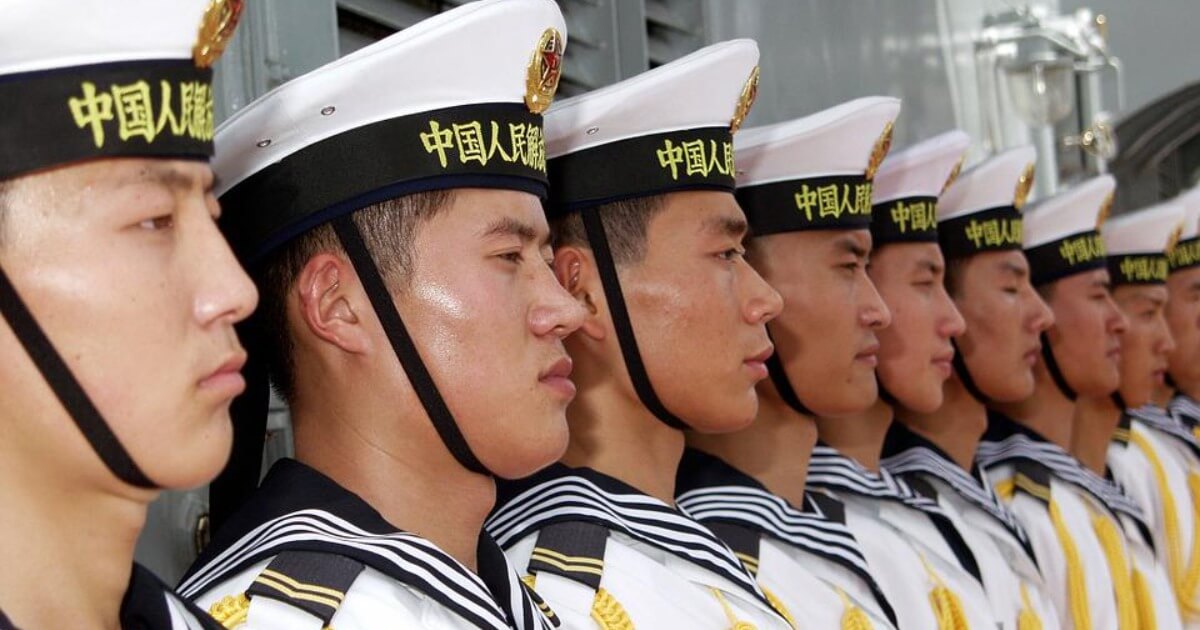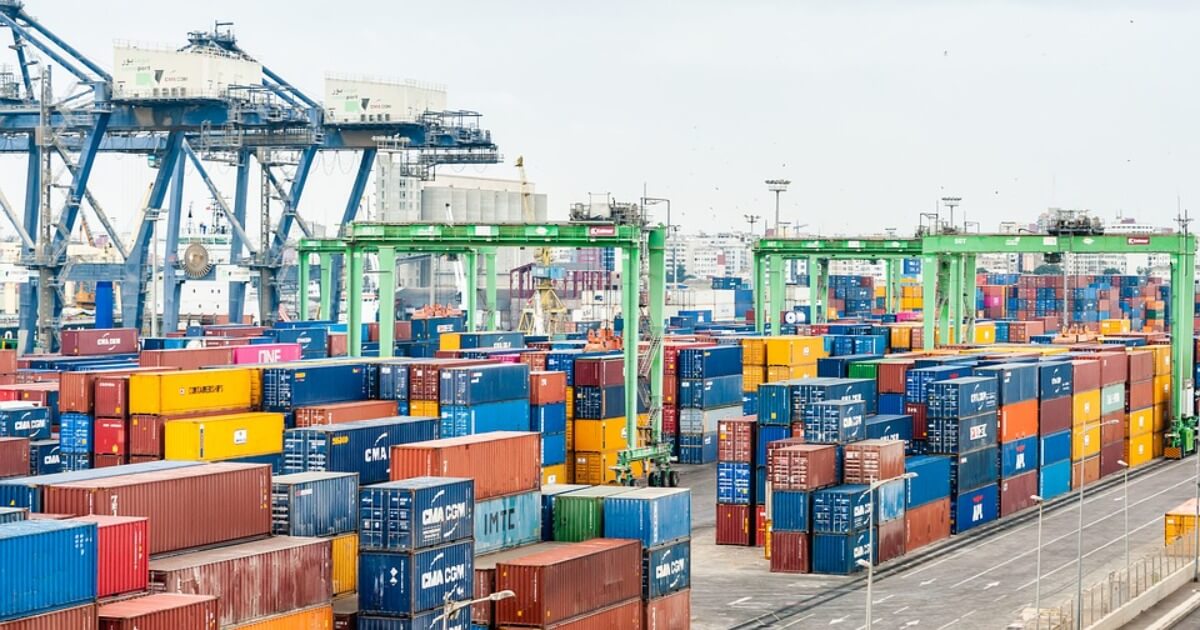China’s Fear of the Freedom Virus
The West has lost much of its credibility and charisma, but democracy and freedom are still the political gold standard that all autocrats fear.
April 24, 2023

A Global Ideas Center, Strategic Assessment Memo (SAM) from the Global Ideas Center
You may quote from this text, provided you mention the name of the author and reference it as a new Global Ideas Center, Strategic Assessment Memo (SAM) published by the Global Ideas Center in Berlin on The Globalist.
Viewed from the outside, the United States currently appears almost disoriented – at once vigorous and effete.
Not interested in the West’s integration hypothesis
Meanwhile, China has decided it is simply not interested in the West’s rules-based integration hypothesis.
Not least because the United States is paralyzing itself with its domestic turmoil, much of the rest of the world now sees China as powerful enough to challenge the United States’ self-image – as a chosen people, its cultural pride (“Manifest Destiny”) and its innovation-driven prosperity.
None of this is to belittle very unpleasant facts regarding China: Beijing has annexed Hong Kong in violation of its own treaty commitments. It now openly threatens Taiwan with war.
From “credit colonialism” to a new Orwellian species
But that’s not even half of the real story. China’s quest for resources is ruthlessly pursued on a worldwide basis. Beyond expanding its military reach in the South China Sea, it uses a scheme most fittingly labeled as “credit colonialism” to expand into Africa, Latin America and Europe.
China is also guilty of cultural genocide and routinely tramples on human rights. It habitually steals technology, data and know-how and degrades its citizenry to an Orwellian species of permanently monitored, algorithmically managed obedient dwarves. There is nothing to sugarcoat about any of this.
Putin and Xi: An alliance of fear
On the contrary, there is much to suggest that the “Taiwan question” is coming to a head for China in much the same way that the “Ukraine question” has come to a head for Russia.
Both Ukraine and Taiwan underscore that political-cultural traditions of kinship matter ever less – and the triple prospect of democracy, freedom and political self-determination matters ever more.
Thus, “Hong Kong” was a wake-up call for China just as much as “Belarus” was a wake-up call for Russia. The autocrats are running out of time in their “spheres of influence.”
Unbreakable friendship?
Hence the protestations of “unbreakable friendship” between Russia and China. Hence the mendacious anti-NATO rhetoric. Hence the forced anti-American resentment of the “wolf warriors” (just like Putin, the Chinese are afraid of the freedom “virus”).
The important thing now is to be ready for the worst, but to leave the forcing of hostility to Beijing, should Xi Jinping decide to do so. The political situation is not as easy to sort out as it was during the Cold War.
What the West needs to do
The West has lost much of its credibility and charisma, but democracy and freedom are still the political gold standard that all autocrats fear. That is why the whole world must be able to get a clear picture of who is provoking and playing with fire.
We must be clear about who wants to destroy the international order. Who is breaking international law, and which nations do not.
Use the democratic momentum
Instead of speculating week after week about when China might attack Taiwan, it would be all the more desirable for the U.S. government – as well as the entire West – to use the democratic momentum, the uprisings in Iran and Georgia, and the struggle for freedom in Ukraine to radiate resoluteness in the defense of democracy toward China and Russia.
The West has to focus on the inviolability of sovereign countries and territories – and at the same time avoid any impression of “containment” that could be interpreted as ill will.
Above all, Western nations must develop a strategy with regard to the neutral large and middle powers (India, Indonesia, Brazil, South Africa, Turkey) – and the rest of the over six billion people who do not live in the United States and China.
Conclusion
For weeks, China has been trying to engage the U.S. government in a diplomatic blame game in order to have established the narrative of a “preemptive strike” should Xi one day decide to give the signal to attack Taiwan.
The United States (and Europe) should therefore definitely take precautions, but at the same time signal to the world that they do not fear China’s rise.
This would be a powerful signal that they still believe in themselves – and see themselves as the protective power of territories and people who would otherwise be at the mercy of autocratic rulers.
Takeaways
The West has lost much of its credibility and charisma, but democracy and freedom are still the political gold standard that all autocrats fear.
The cases of Ukraine and Taiwan underscore that political-cultural traditions of kinship matter ever less. Meanwhile, the triple prospect of democracy, freedom and political self-determination matters ever more.
Hong Kong was a wake-up call for China just as much as "Belarus" was a wake-up call for Russia. The autocrats are running out of time in their "spheres of influence."
The West has to focus on the inviolability of sovereign countries and territories – and, at the same time, avoid any impression of "containment" that could be interpreted as ill will.
The US and Europe should definitely take their precautions, but at the same time signal to the world that they do not fear China's rise.
A Global Ideas Center, Strategic Assessment Memo (SAM) from the Global Ideas Center
You may quote from this text, provided you mention the name of the author and reference it as a new Global Ideas Center, Strategic Assessment Memo (SAM) published by the Global Ideas Center in Berlin on The Globalist.


